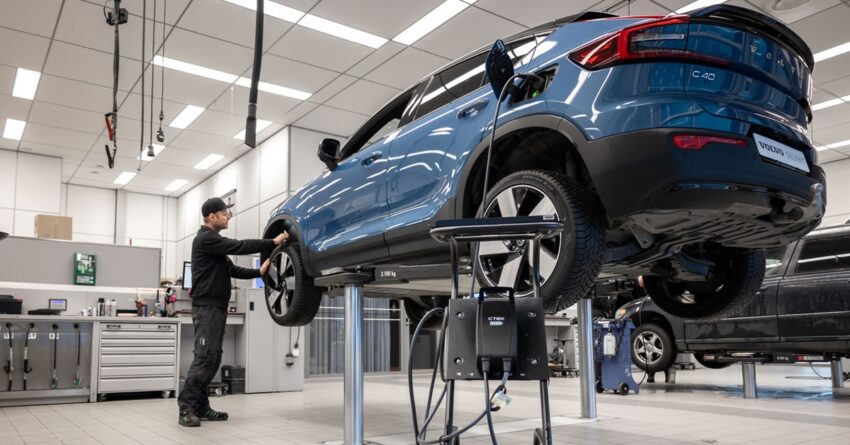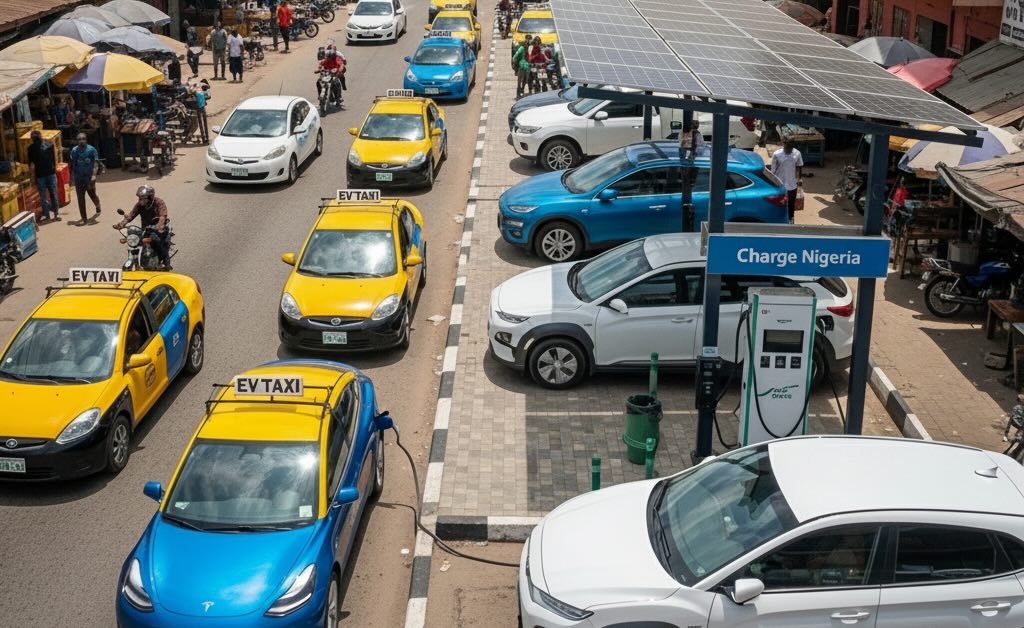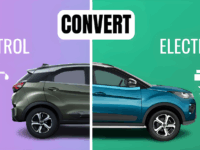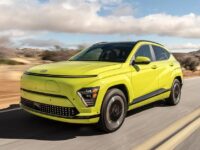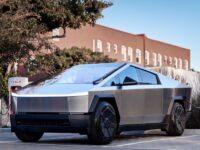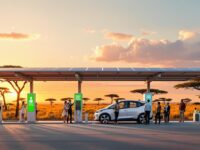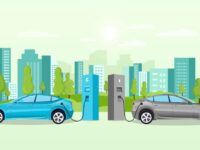While EV adoption is still at an early stage, many Nigerians are curious about what it takes to maintain one. Is it cheaper than petrol cars? What’s the right servicing schedule? And what unique challenges exist in Nigeria? This article breaks down EV maintenance in Nigeria, covering essential tips, schedules, and expected costs.
Why EV Maintenance is Different (and Cheaper)
Unlike traditional cars, EVs have fewer moving parts—no engine oil, spark plugs, or exhaust systems to worry about. The main areas of concern are:
- Battery health
- Brakes (regenerative braking reduces wear)
- Tires (due to EVs’ extra weight from the battery)
- Software updates
- Cooling systems for batteries and electronics
This makes EVs cheaper to maintain overall, but Nigeria’s climate and infrastructure add some extra considerations.
Essential Maintenance Tips for Nigerian EV Owners
Nigeria’s hot climate and road conditions demand tailored strategies. Here are key tips:
1.Protect the Battery from Heat: Nigeria’s hot climate can stress EV batteries. Always park in shaded areas or garages and avoid frequent fast charging, which generates heat.
2. Invest in a Stable Power Source: Due to irregular power supply, charging at home may require a solar system, inverter, or backup generator. Use a surge protector to avoid power fluctuations damaging your battery.
3. Tire and Suspension Care: Nigerian potholes wear tires faster, and EVs’ heavier batteries add strain. Rotate tires every 8,000-10,000 km and maintain 32-35 PSI pressure. Check suspension annually for alignment, especially on rough roads.
4. Brakes and Fluids: Regenerative braking reduces pad wear, but inspect annually. Change coolant (for battery cooling) every 2-4 years to prevent overheating.
5. Software and Electronics: Update software via the manufacturer’s app for optimal performance. Clean connectors regularly to avoid dust buildup, common in dry seasons.
6. Seek Certified Service: With only a handful of EV specialists, use authorized centers like those from Stallion Motors or SAGLEV. The government plans to train 2,000 youths in EV maintenance starting September 2025, which should boost availability soon.
Recommended EV Maintenance Schedule
EV schedules are simpler than ICE vehicles, focusing on mileage or time. Consult your owner’s manual, but a general Nigerian-adapted plan:
| Interval | Tasks | Notes |
|---|---|---|
| Every 5,000-10,000 km or Monthly | – Tire rotation and pressure check – Visual inspection of battery, cables, and brakes – Clean charging port | DIY or quick shop visit; costs low (₦5,000-₦10,000). |
| Every 18,000 km or Annually | – Battery health diagnostic – Brake inspection (pads last 2x longer than ICE) – Software update – Cabin air filter replacement | Professional service; essential in dusty environments. |
| Every 30,000-50,000 km or 2 Years | – Coolant flush/recharge – Suspension and alignment check – Wiper blade and light bulb replacement | Addresses road wear; include AC service for comfort in heat. |
| Every 100,000 km or 4-8 Years | – Battery coolant system service – Potential brake fluid change – High-voltage system inspection | Rare but critical; batteries warrantied 8 years/160,000 km. |
This schedule aligns with global standards but accounts for Nigeria’s conditions—shorter intervals for heat exposure. For hybrids (less common), add ICE checks like oil changes.
Cost of Maintaining EVs in Nigeria
While costs vary by brand and service availability, EV owners generally spend 30–50% less on maintenance than petrol car owners. Here’s an estimate for Nigeria:
- Annual Service: ₦50,000-₦100,000 (diagnostics, filters). Labor at certified shops: ₦20,000-₦40,000.
- Tire replacement: ₦50,000 – ₦150,000 each (every 2–3 years depending on road use)
- Brake servicing: ₦50,000 – ₦80,000 (less frequent due to regenerative braking)
- Battery coolant service: ₦20,000 – ₦50,000 (every few years)
- Software diagnostics & updates: Often free (if OTA), ₦20,000 – ₦50,000 if done at service centers
- Battery replacement (if needed): ₦5m – ₦12m depending on model (though most last 8–10 years)
Compared to frequent oil changes, engine repairs, and fuel system servicing in petrol cars, EVs are much cheaper long term. The biggest cost remains battery replacement, but most EVs are designed to last years before that’s necessary.
Challenges in Nigeria
- Few EV-certified mechanics – Owners may need to rely on manufacturer service centers.
- Charging infrastructure – Still limited, though private charging stations and solar charging hubs are emerging in Lagos, Abuja, and Port Harcourt.
- Import dependency – Spare parts and batteries may take time and cost more due to shipping.
Conclusion
Making the switch to an EV in Nigeria is not just a leap into the future of mobility, it’s a smart financial decision. The lower maintenance costs, combined with savings on fuel, make it a truly cost-effective choice in the long run. By following these simple tips and sticking to a regular maintenance schedule, you can ensure your electric vehicle remains a reliable and efficient mode of transport for years to come.
